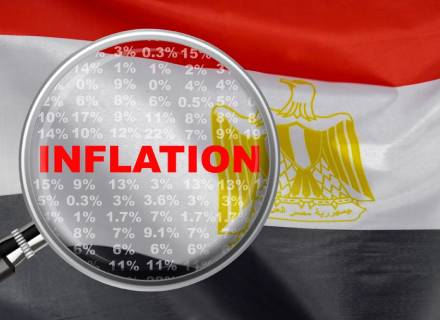Egypt’s annual urban consumer inflation accelerated to 12.5% in October 2025, up from 11.7% in September, driven by higher food and transportation costs, according to data released by the Central Agency for Public Mobilization and Statistics (CAPMAS) on Thursday.
Economists told Bloomberg that the rise marks the first significant uptick in three months, signaling renewed pressure on household spending despite recent signs of stabilization in foreign reserves and currency markets. Prices for vegetables, grains, and fuel contributed most to the increase, reflecting ongoing global supply chain disruptions and elevated import costs.
The Egyptian pound has faced volatility in recent months, although the government’s reform measures and new funding agreements with the International Monetary Fund (IMF) have helped restore some investor confidence. Analysts cited by Reuters said inflation could moderate by early 2026 if exchange rate stability continues and food imports become less costly.
Egypt’s central bank has maintained its benchmark interest rate at 19.75%, prioritizing price stability as part of its broader economic strategy to curb inflation while supporting growth. The latest figures suggest policymakers may face renewed pressure to adjust monetary policy in the coming months if inflationary trends persist.

